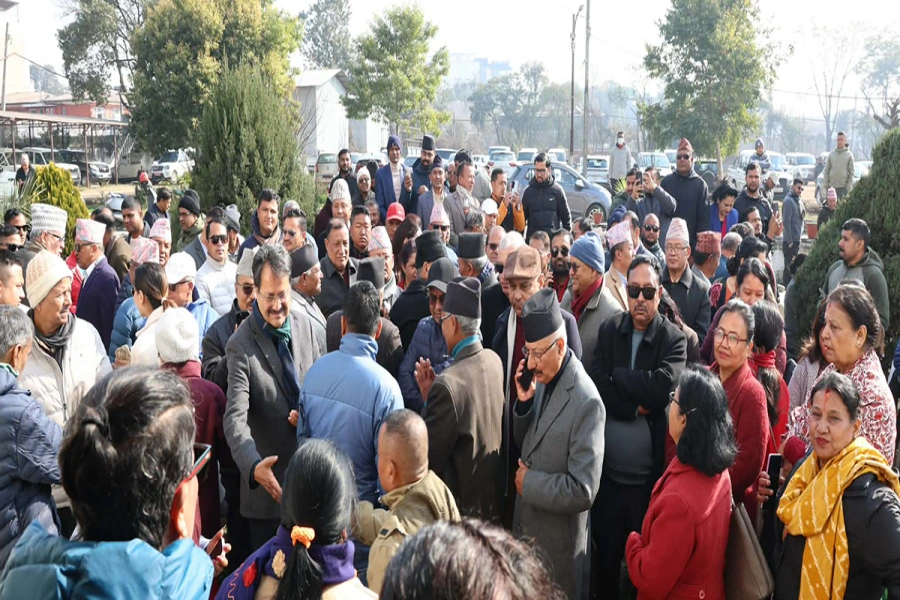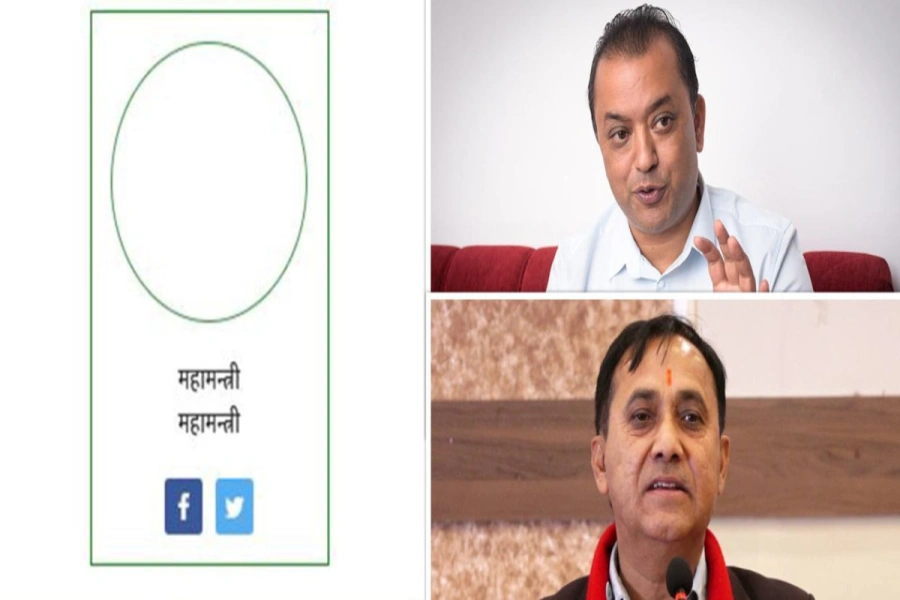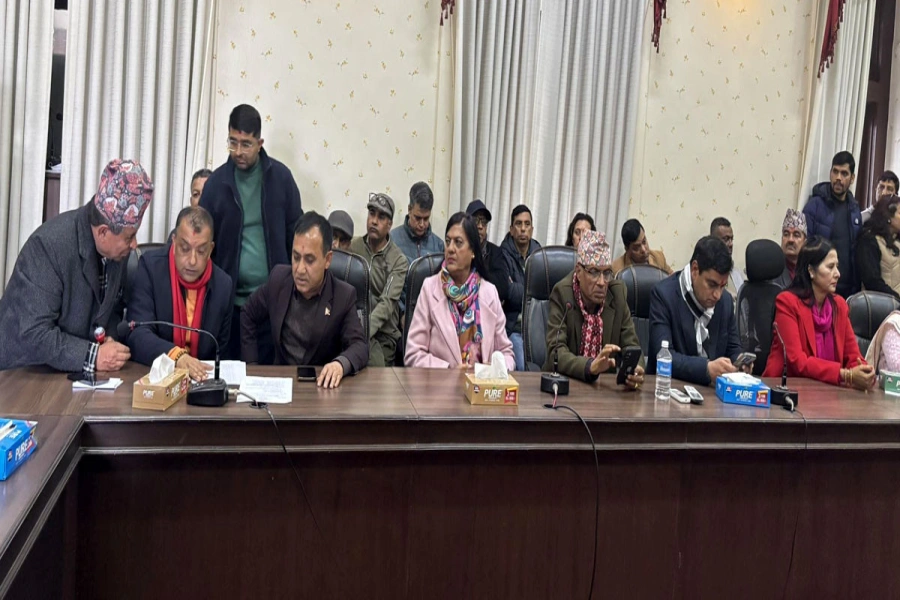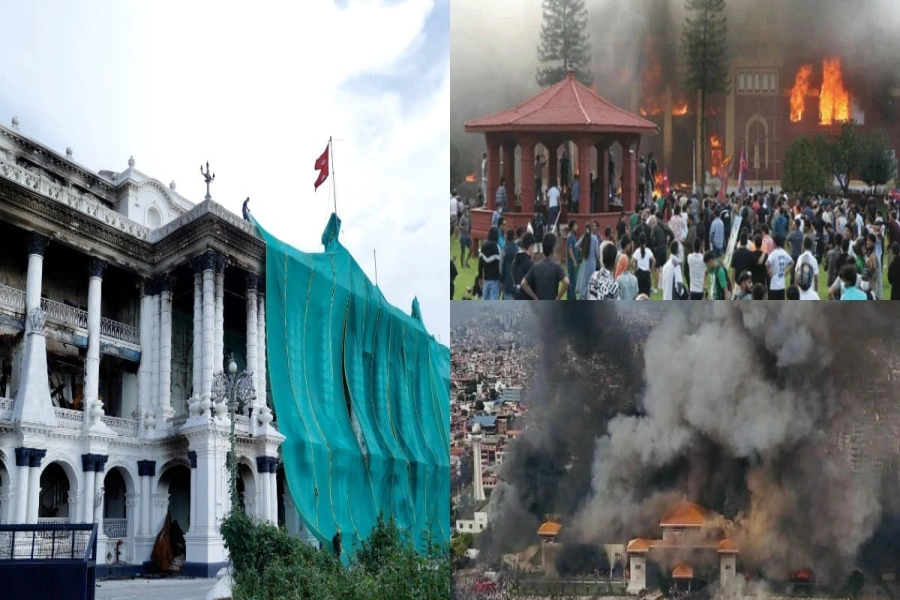Upon arrival from Scotland on Monday, Paras said that Nepali team played below its own potential and did not match its own standard in the Qualifiers."The result itself speaks we did not play good games and thus we failed to achieve our ambition of making it to the finals of next year's World Cup. We have never performed in such a miserable way during important tournaments," said Paras at the Tribhuvan International Airport. "We had sound preparations with good facilities, big opportunities ahead of us but no individual performed well throughout the competition," said Paras.
Paras also accepted that European condition was not an issue behind team's poor performances. "The condition was not unfavorable as we had acclimatized in the condition though that was different from ours," he said adding that Nepal played only 20 to 30 percent of the team's potential.
However, team coach Pubudu Dassanayake said European condition was one of the reasons behind the poor results. He pointed out that the team failed to handle the pressure during matches.
"When we analyze the results of last three years we failed in New Zealand and we failed in European condition (that was seaming). We had lots of trainings for that. But we could not handle the pressure and fight back in the bowling supporting condition. Top order batsmen put lots of efforts in training but that did not happen during the games," coach Dassanayake said.
Nepal finished at the bottom of the Group A table which comprised seven teams. Nepal won only one out of six matches played. Nepal defeated USA in the first match and collected a point against Namibia as the match was abandoned due to rain. Later, Nepal faced defeats against Ireland, Hong Kong, Papua New Guinea and Jersey.
After failing to qualify for the finals, Nepal also lost its T20 International status earned after impressive performances in the ICC World Twenty20 held in Bangladesh last year.
"We had played one of the best games in Bangladesh in the T20 World Cup but this time we played one of the worst crickets," Paras said. "We did not have the firepower (batting) which was the main strength the team. We failed in all disciplines including bowling, batting and fielding."
For coach Dassanayake who took the responsibilities for disastrous performances and apologized for it, said that the team realized the value of the ICC T20I status. "When we got the T20I status we were so much happy because we had earned that due to hard works. Losing the status is like taking the parts of body out."
Despite the poor results of Nepal team, both coach and skipper were optimistic about futures of Nepali cricket.
Skipper Paras claimed that this was not the end of Nepali cricket as Nepali is playing the ICC World Cricket League Championship.
Nepal also lost two matches (50-over List A matches) of the championship against Scotland.
"This is not the end of world and we have championship (Division 1), although it will not be easy for us. However that will open the door for 50-over's World Cup and we will also be playing against the similar level teams for nearly two years," said Paras. "There are lots of things to be learned from qualifiers. We have lots of opportunities ahead as the ICC has been taking Nepal positively."
He once again focused on domestic structure of cricket of Nepal and opined that every player should get opportunities.
Similarly, coach Dassanayake was optimistic about Nepal's potential of reaching on top. "Country like Nepal can move forward depending on its own potential. If we have six months of regular play we could impress the ICC," said Dasanayake.
Paras Khadka resigns, ending Nepal’s longest innings as captain






































